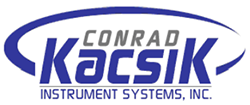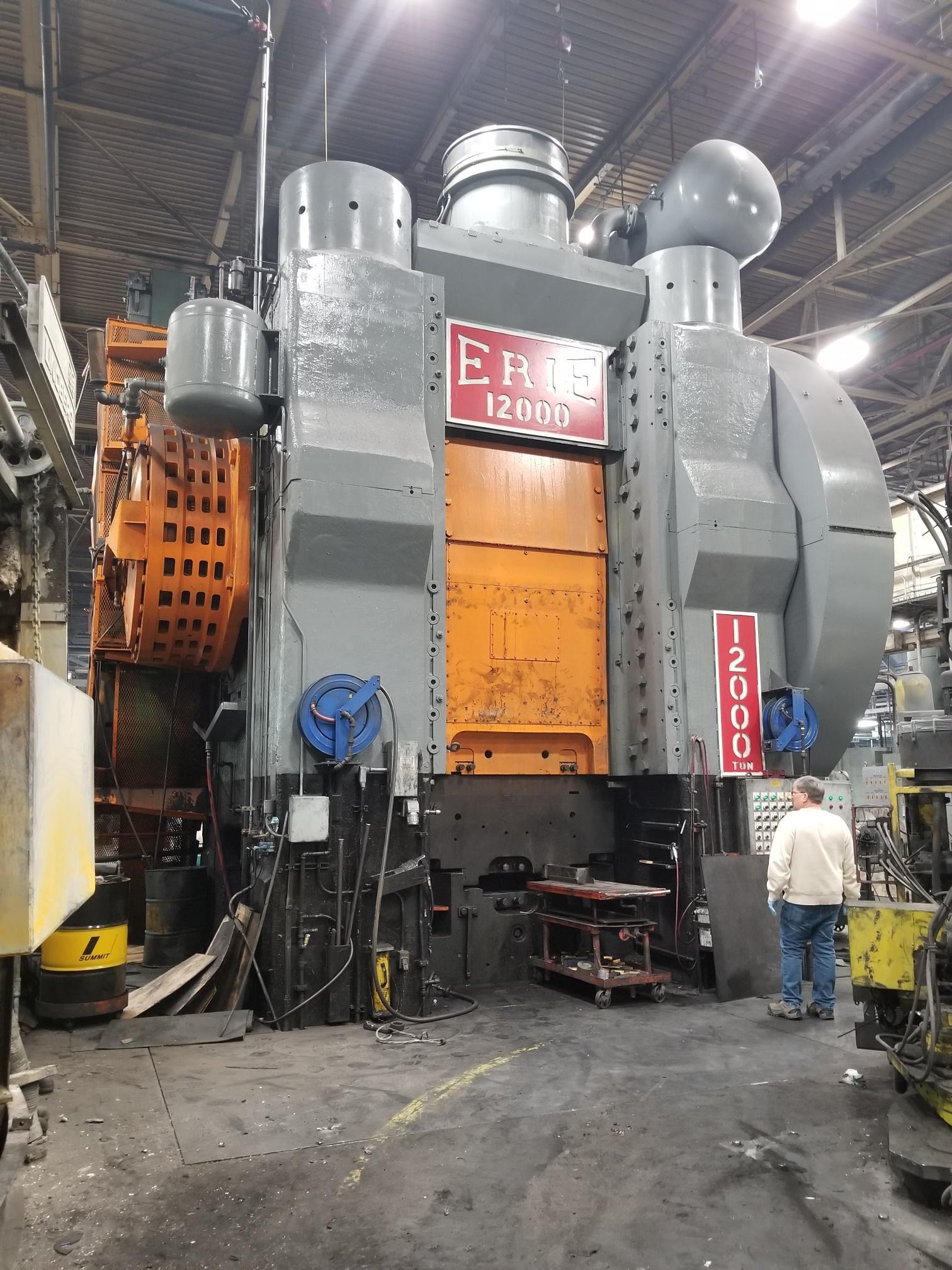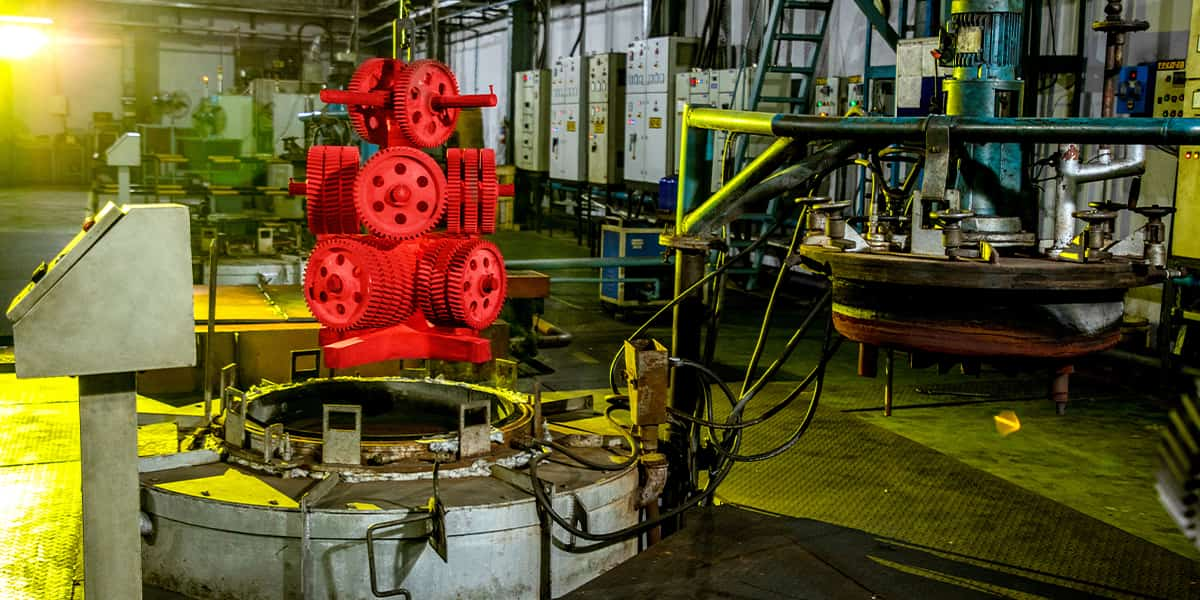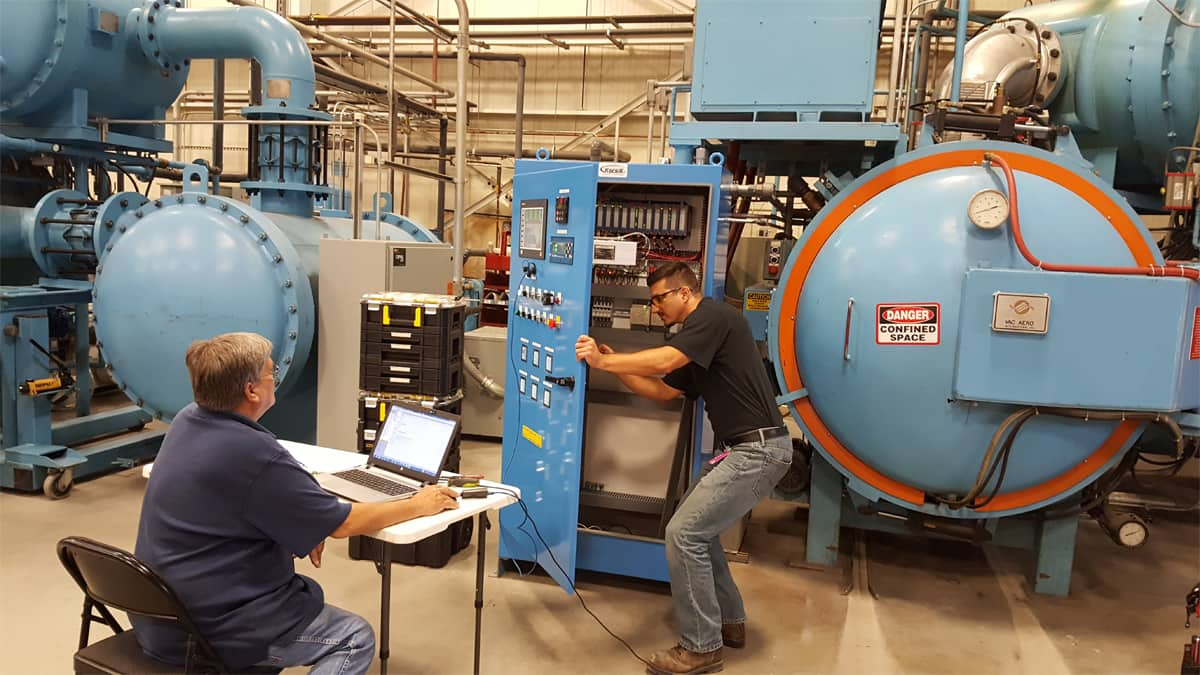Forging operations demand exacting control of furnace conditions, as even small variances can compromise product quality. The thermal profile of a part determines its grain structure, strength and durability. Inconsistent heating can result in part failures, expensive rework and audit issues that slow production and cut into profits.
To prevent these risks and ensure repeatable, high-quality results, modern supervisory control and data acquisition (SCADA) systems are crucial. These systems integrate sensors, software and control panels to provide operators with real-time visibility into furnace performance and part conditions.
With SCADA, there’s no uncertainty—temperatures are monitored and documented, processes are automated and data is always accessible. The result? Better metallurgical consistency, faster problem resolution and stronger compliance with industry standards like AMS2750 and CQI-9.










